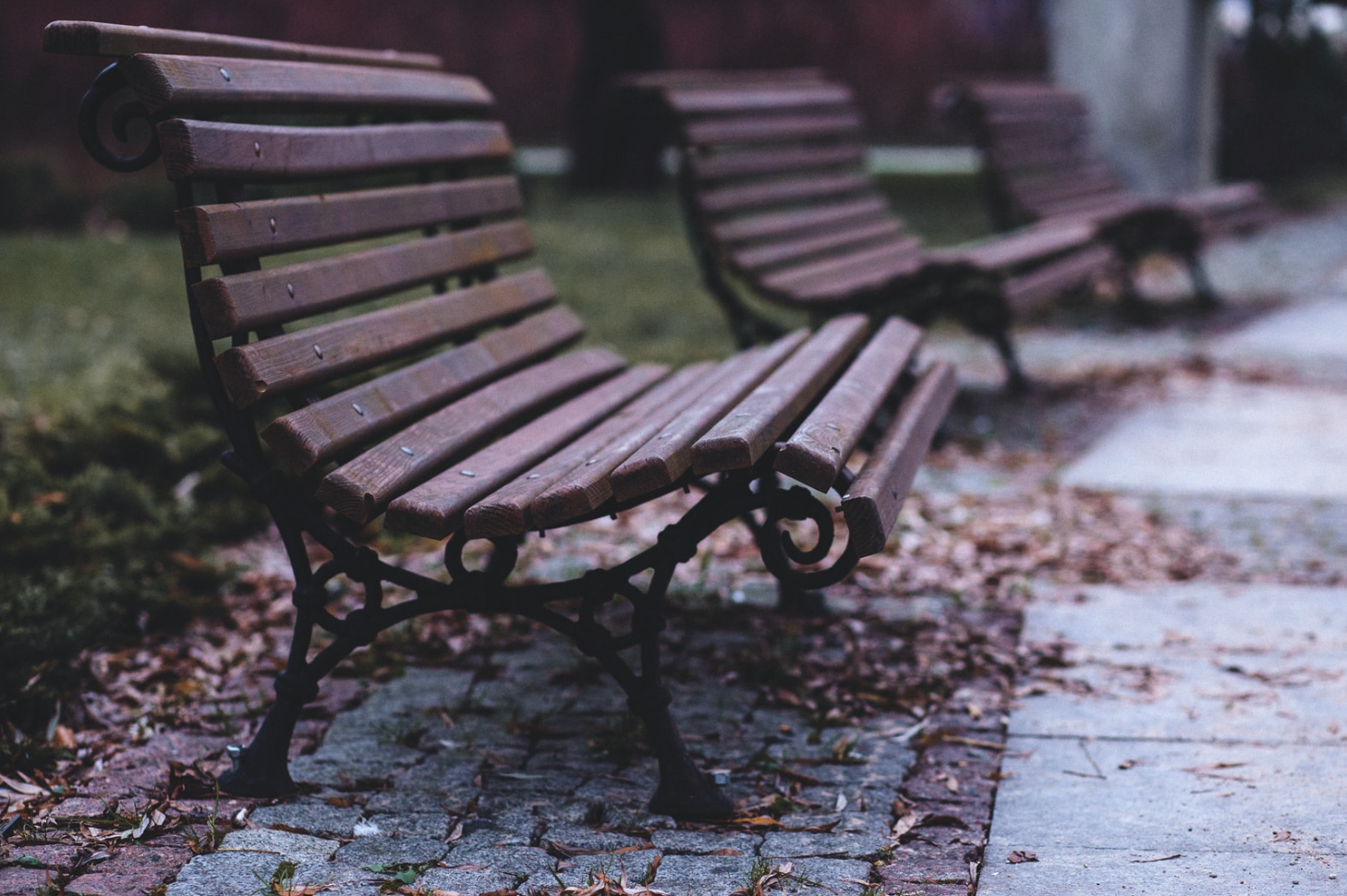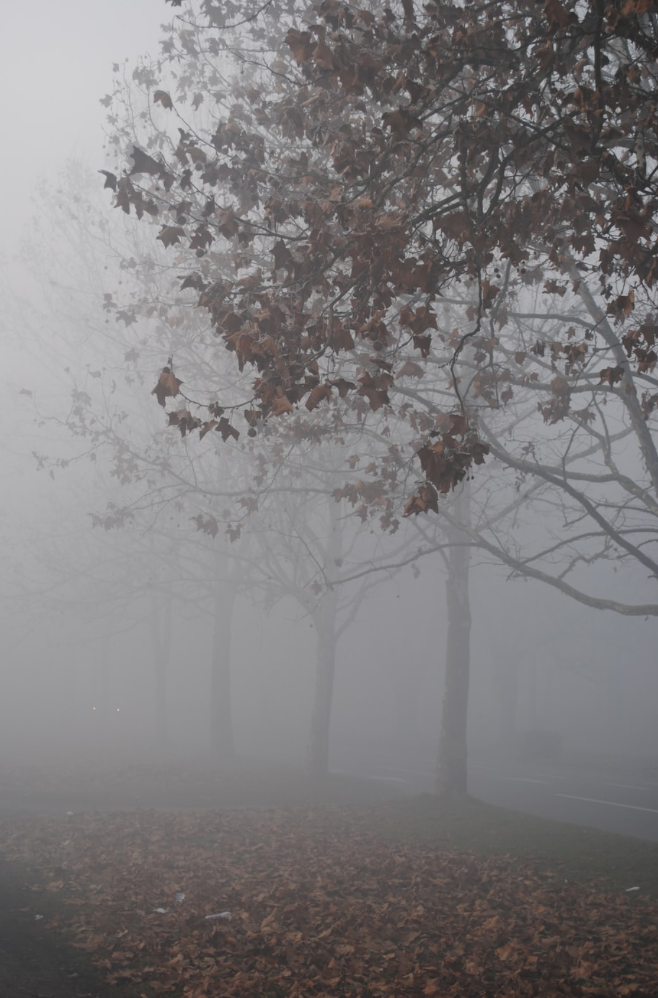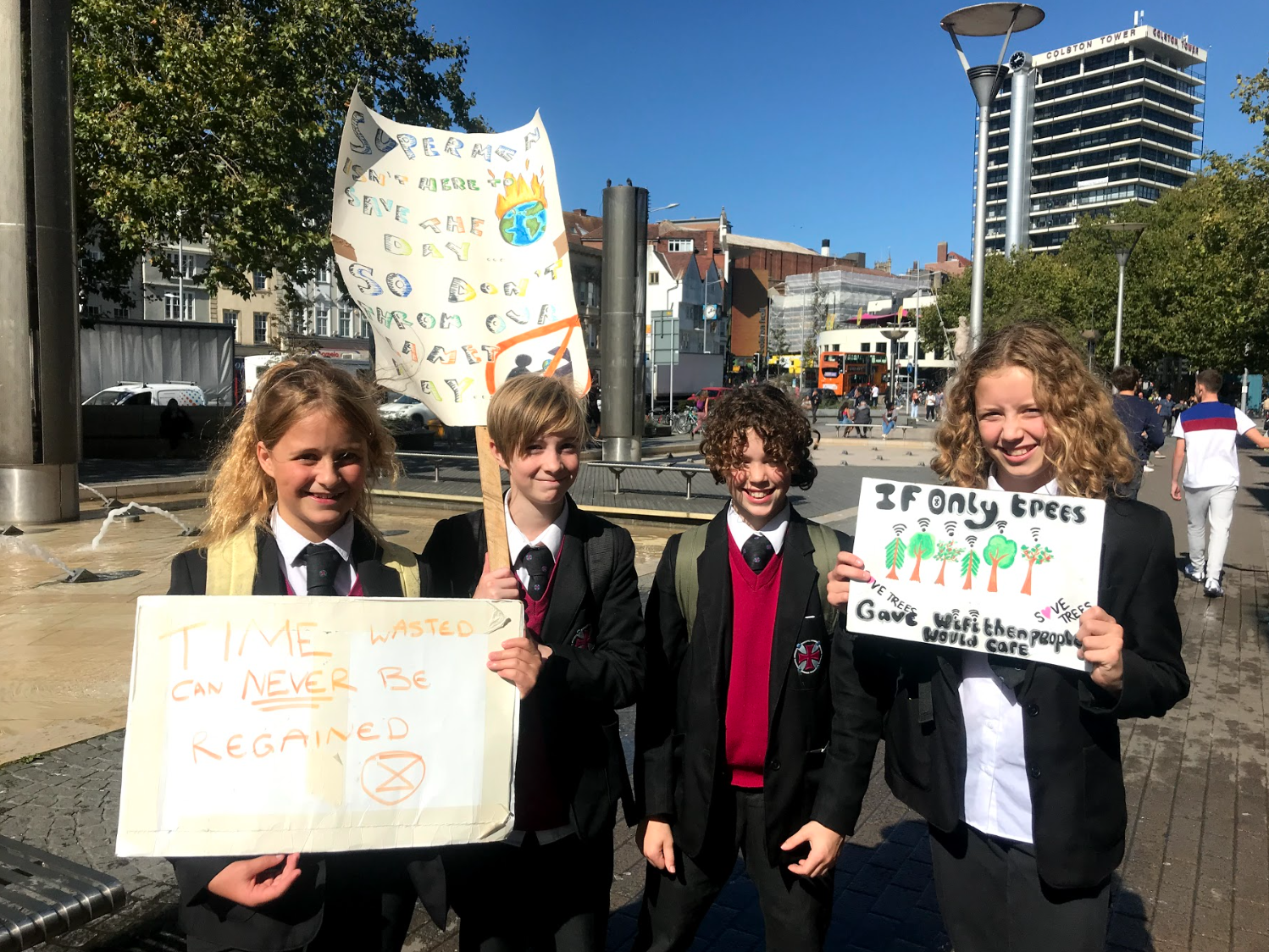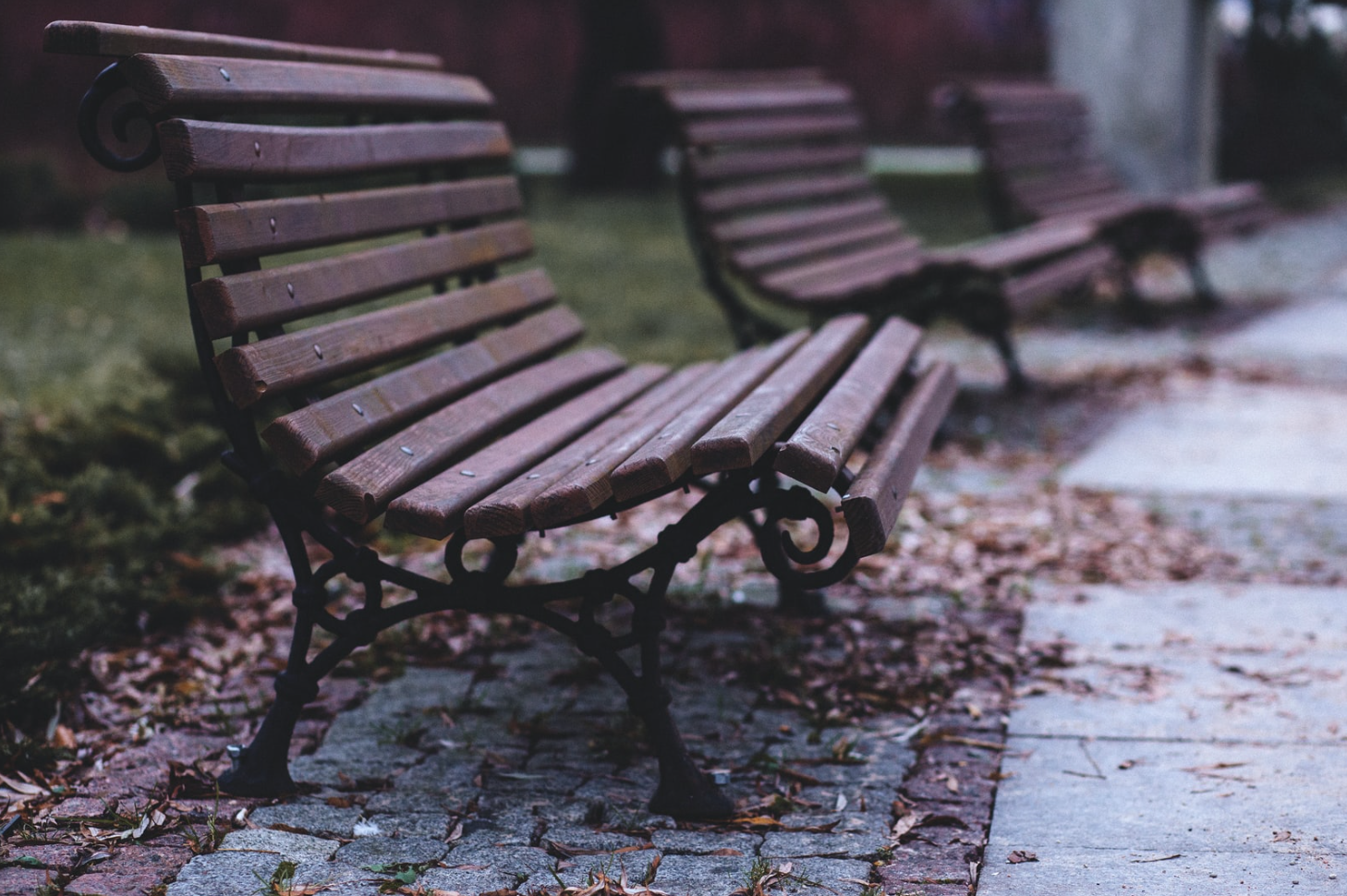By, Evie Ashby, First Year, Philosophy and Politics
I have always thought that personal liberty headlines the list of indisputable human rights. The majority of people living today especially students have never had our personal liberty and autonomy compromised in this way. Never have we experienced, or thought possible, government-imposed sanctions over whether we can leave our houses, receive our educations or sit our exams.

Realising now, the fragility of liberty, I have begun to question what liberty means to me. Despite my reduced freedom, I feel more hopeful and empowered than I have in a long time.
The mobilisation of our government on this scale, has set a precedent which will be impossible to ignore once this is over. Social distancing and lockdown have been effective purely because our liberty has been infringed upon. But isolation has been made bearable by its universality.
I miss my friends and living in Bristol. In the first days I longed for normality and for this period to be as short lived as possible. Yet I haven’t been sat at home idly with the endless time on my hands that I envisaged.

Lockdown has made me relax in ways that I haven’t for years. My freedom of choice has been curtailed but so has my anxiety. In an age of choice, we become used to the background noise of overwhelm, endless opportunity and our fear of missing out. I think most can agree that it’s a small cross to bear for the benefit of autonomy. The alternative is an unthinkable system we’d all rather avoid.
Being told what I can and can’t do has helped me to focus. My questionable work ethic in term 1, alongside my health and sleeping patterns have finally got the attention they deserve. I’ve started reading the news each day and I have never felt more engaged and invested in politics than I currently do. These changes have made a personal difference to me, but what has been far more striking is the visible effect of our collective action.
In the face of this emergency, the feeling of personal responsibility exhibited by the majority feels empowered rather than imposed. The support system that we have created over the last 2 weeks feels so removed from what we are used to. And it is one we needed to realise was possible. The parallels between the emergency we are living through and the one that has been sidelined for years is impossible to ignore. Although defined as such, the climate emergency has received none of the governmental responses that we now know to be possible. Its efforts have been protracted, with targets projected in decades time.
Our fatigue and disillusionment with the ‘action’ taken to prevent us from another global emergency is rooted in the lack of visible results. It is hard to uphold the feeling that the individual small changes we practise make any difference when the actions of corporations and other groups reverse any positive effect.
The system will not save us
I read recently that times of crisis have the potential for radical change. The changes we have seen take place in the space of 2 weeks undeniably prove this. In Venice, wildlife and biodiversity are returning to spaces usually overrun with tourism. The air smells sweet and quiet when we go for our ‘one bit of exercise a day’.
The power that many have felt unable to realise as an individual against a system pitted in the past has manifested in the collective action of everyone, with tangible results. Living through such an unprecedented emergency should heighten our ability to respond to the other emergencies we face. It took the sight of bodies in freezer lorries for the president of the United States to realise that everything was not under control.

When we come through this period, returning to ‘normality’ as it was pre-Covid is not an option. We cannot wait for consequences to land on our doorstep to acknowledge that an emergency is underway, especially given that the scale of the climate emergency exceeds that of this global pandemic. This is a time for debate among the generations, young and old, with awareness of the crossroads we find ourselves at.
To revert to the status quo and ignore the lessons of Covid is to presume that the system will always save us. As we have all seen, the system as we’ve known it is incapable of that. Governments need to heed the warnings if they are to mitigate the fallout of future emergencies and those already identified in the form of the environmental crisis. Mobilisation is now precedented and it has cost me some of my liberties. If government were to mobilise us for the higher purpose of climate change, partial compromise of our liberty might be a price worth paying.
Have you learnt anything about yourself during this lockdown period?









